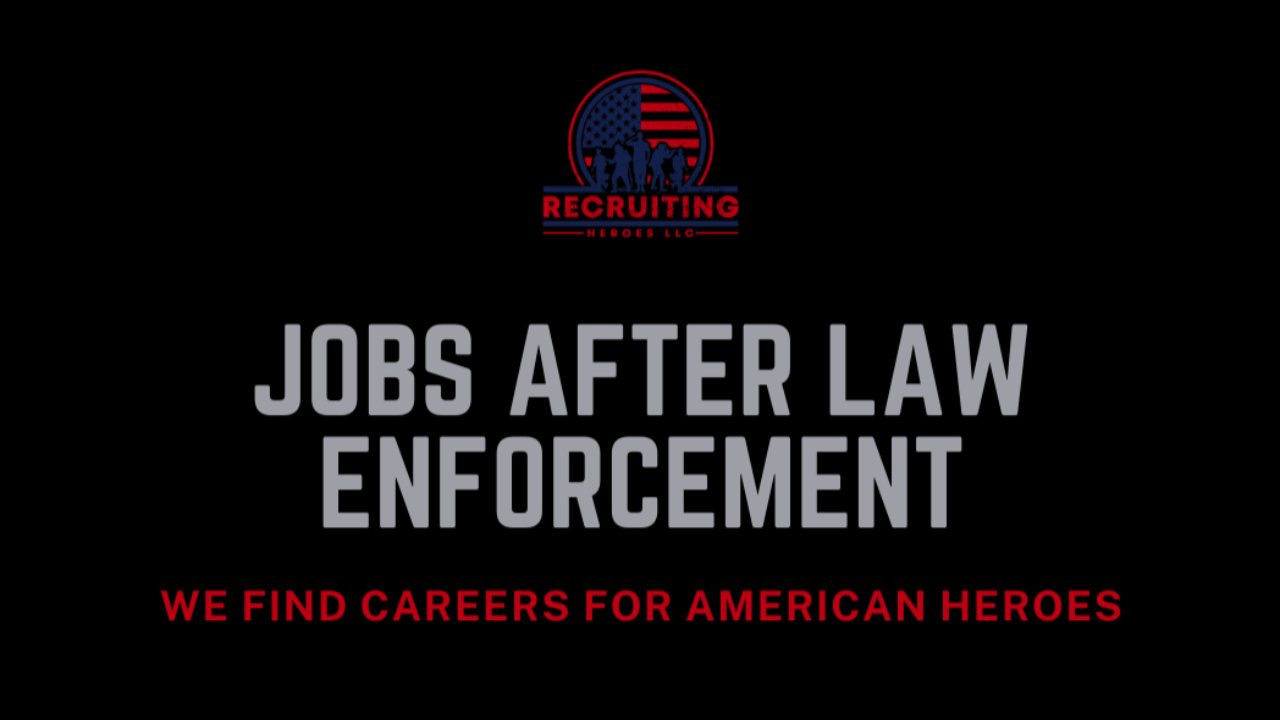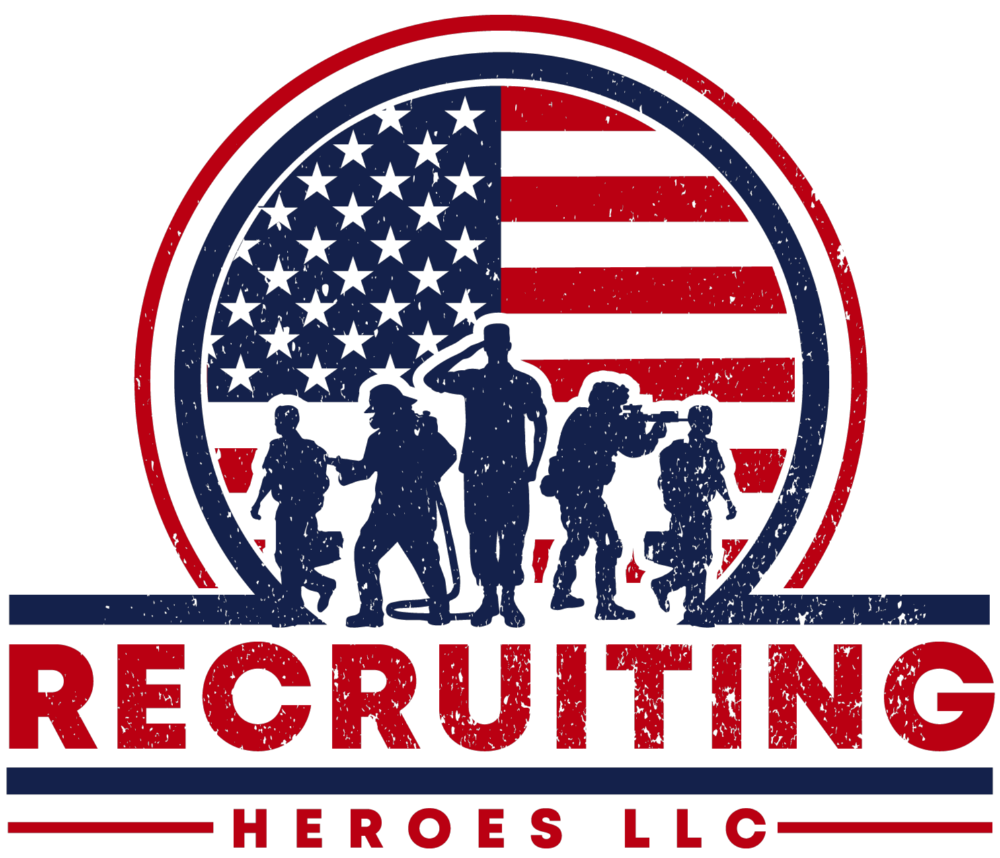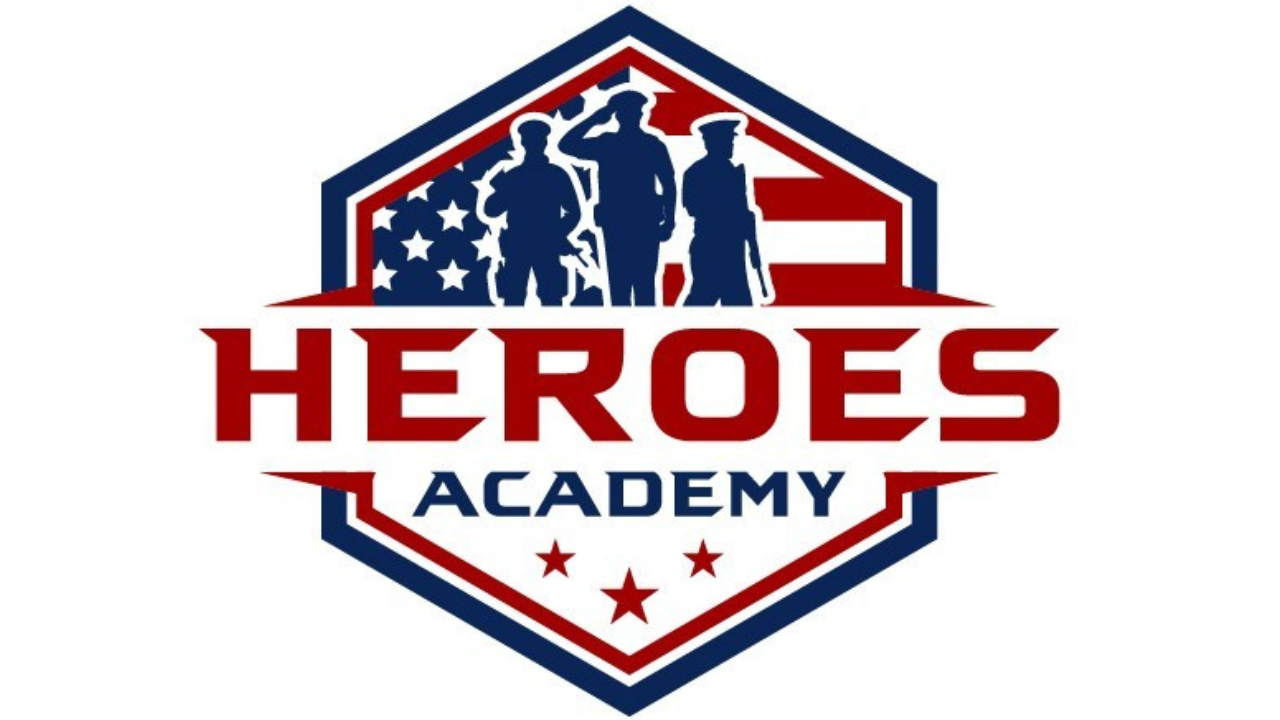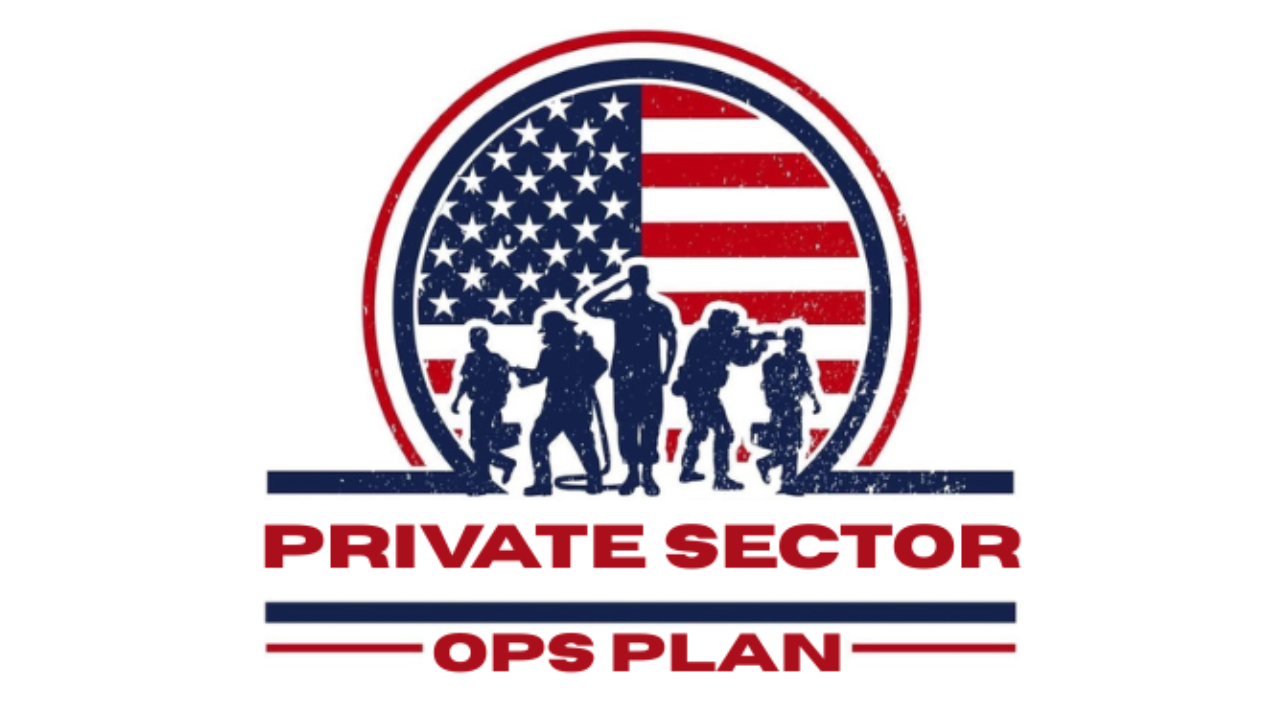Jobs After Law Enforcement: Careers for Former Police Officers
Nov 01, 2025
Whether after just a few years or after a multi-decade career, every police officer eventually faces the moment when their time in law enforcement comes to an end. You’ve served your community bravely, protected lives, and handled challenges few others could imagine. Now, you’ve earned the right to build a phenomenal second career in the private sector, one that brings purpose, stability, and new opportunities for growth.
In this article, I’ll walk you through key strategies to help you transition successfully from law enforcement to the private sector, step by step.
At Recruiting Heroes, we’re proud to provide free, actionable resources that make this transition easier. Download our Heroes Job Search Guide, which includes my professional resume template, LinkedIn optimization steps, and insider interview tips to help you compete in today’s market. Download your guide here: https://www.recruitingheroesllc.com/heroes-job-search-guide
For those who want a deeper, guided experience, explore our Heroes Academy, my flagship training program designed to take you from your final shift in uniform to a thriving private-sector career. This program breaks the process down into manageable, mission-driven phases, just like the operations you’ve led throughout your law enforcement career.
If you’re ready to start your next mission, here’s how to begin.
Identifying Industries of Interest
For many officers, the toughest part of the transition is figuring out what’s next. Law enforcement shapes your identity—it’s more than a job, it’s who you are. But that same identity equips you with elite skills that most employers desperately need: leadership under pressure, crisis management, investigative acumen, communication, and decision-making.
Start by identifying industries that align with what you enjoyed most in your law enforcement career. Many officers find rewarding work in corporate security, fraud investigation, risk management, cybersecurity, compliance, operations, logistics, or project management. Others leverage their analytical and technical skills into roles like SOC Analyst, GRC Specialist, or Threat Intelligence Analyst.
Here’s a simple exercise: write down 10–20 tasks or duties you genuinely enjoyed during your law enforcement career, whether it was supervising a team, analyzing data, or interviewing suspects. Then, enter those keywords into a job board like LinkedIn Jobs. You’ll discover entire industries and job titles you may never have considered before.
The Private Sector Ops Plan is my most popular and successful program in which we work together to dive deeper into this process, helping you match your operational experience to civilian job functions through guided research exercises and job-mapping tools.
Writing a Strong Resume
Your resume is your first impression, and in the private sector, it must communicate results, not ranks. A resume filled with law enforcement terminology may not resonate with civilian employers. Instead, focus on transferable skills and achievements that show leadership, efficiency, and impact.
Use a clean, modern format like the one provided in our Heroes Job Search Guide, and tailor your resume for each position you apply to. Avoid acronyms and jargon. Instead of “Led tactical entry operations,” say “Led cross-functional teams to execute high-stakes operations with zero safety incidents.” The message remains the same but the language translates to any industry.
If you’d like help crafting a resume that stands out, my professional writing lesson inside the Heroes Academy can walk you through every step, from content to formatting to strategy. Or I can personally write your resume for you! While many resume writers charge $1,000 for a professional resume, my service is just $399! Get your professional resume done in as little as 2-3 days! Sign up here: https://www.recruitingheroesllc.com/offers/kVV4BGWy/checkout
Optimizing Your LinkedIn Profile
LinkedIn is your digital reputation. It’s where hiring managers and recruiters evaluate you long before an interview. Make sure your profile represents the professional you are becoming, not just the one you were.
Start with a strong headline that highlights your transferable skills or career goal (e.g., “Security and Risk Management Professional | Former Law Enforcement Officer”). Then write a compelling About section that connects your law enforcement experience to your next mission in the private sector.
Add quantifiable results in your Experience section and feature a professional headshot. Finally, engage... comment on posts, share insights, and connect with leaders in industries you’re exploring.
The Heroes Academy includes an entire LinkedIn Masterclass where we walk you through optimizing your profile for maximum visibility, credibility, and recruiter engagement.
Networking: Building Connections That Matter
In the private sector, networking isn’t optional, it’s the key to unlocking opportunities. Many roles are filled through referrals rather than public postings. Start by connecting with fellow officers who’ve already transitioned, and don’t hesitate to reach out to people in roles that interest you.
Attend local or virtual networking events, join professional associations, and stay active on LinkedIn. A short, respectful message like: “I’m a former officer exploring a transition into risk management. I’d love to hear about your experience in the field” can open surprising doors.
Inside Heroes Academy, we teach tactical networking methods that help you approach connections with confidence and purpose. Members also get lifetime access to my Heroes Community, where I bring in recruiters and hiring managers from the private sector to help you network and get your resume in front of the right person.
Preparing for Interviews
Interviews in the private sector often focus on behavior and outcomes rather than hierarchy and policy. Expect questions like “Tell me about a time you had to lead through uncertainty” or “Describe a situation where you improved a process.”
Use the STAR method (Situation, Task, Action, Result) to tell your story. Show that you’re adaptable, results-oriented, and mission-driven. Practice your answers, research the company, and prepare thoughtful questions that show genuine interest.
Message me if you'd like a copy of my Job Interview Cheat Sheet to help you prepare your talking points and structure your answers effectively.
Continuing Education and Certifications
In many industries, certifications carry as much weight as degrees. If you’re targeting cybersecurity, compliance, or project management, consider pursuing credentials such as CompTIA Security+, CFE, PMP, or ISC2 Certified in Cybersecurity.
Continuous learning signals commitment—and sets you apart from other applicants. The Heroes Academy offers curated training paths and study resources to help you choose and pursue the right certifications for your desired field.
Staying Resilient in the Job Search Process
Every transition has challenges. You may face rejection or uncertainty along the way, but each conversation and interview sharpens your approach. Remember: your background already proves resilience, discipline, and adaptability. Those qualities will serve you well as you navigate this process.
Stay persistent, keep learning, and lean on your network and community. Through the Private Sector Ops Plan and Heroes Academy, we’re here to guide you every step of the way—so you never have to make the transition alone.
At Recruiting Heroes LLC, our mission is to help our nation’s Heroes successfully transition from the badge to the boardroom. Your next mission begins today... and it’s one you don’t have to do alone.
Stay safe, Heroes!
Colin
Looking for your next career? Learn how the Heroes Academy is the only transformational program designed specifically for law enforcement officers!
Have a Question For Us?
We'd Love to Hear From You!
We hate SPAM. We will never sell your information, for any reason.





